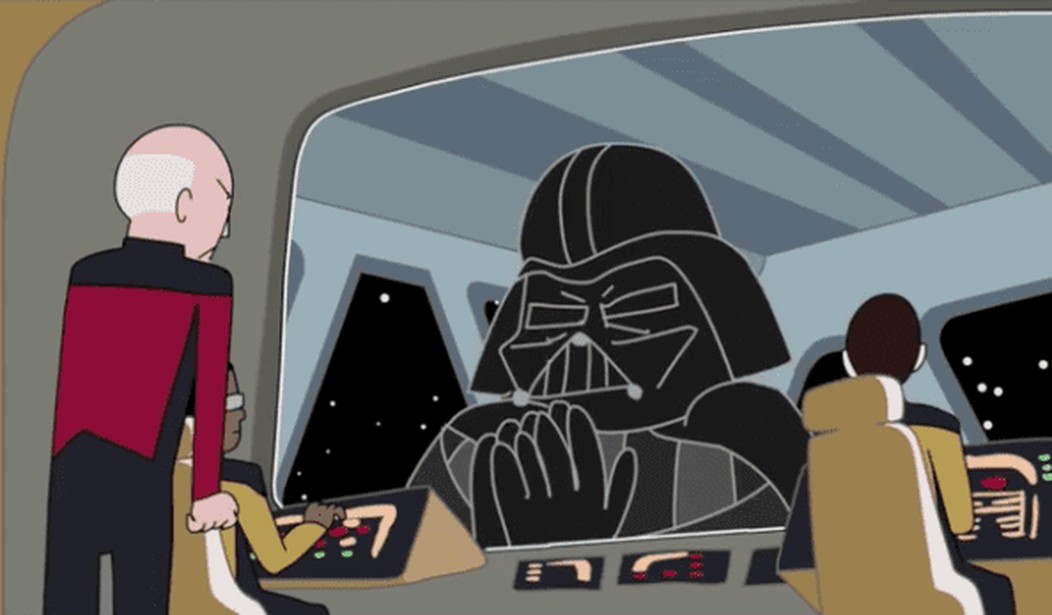Continuing a plan to get through the entire Bible in a year, follow as I journal through the reading. I have chosen a straight-forward approach that begins in Genesis and ends in Revelation. This will not be an in-depth study or a comprehensive commentary. There are plenty of sources for such material. This is stage one Bible reading, taking the text at face value and sharing impressions.
Today’s reading comes from the book of Genesis, chapters 8 through 11, and covers the aftermath of the great flood, God’s covenant with Noah, and the ill-fated construction at Babel. Some impressions from the text:
- In its most popular usage, the term “apocalypse” references the end of the world. However, the word actually means a catastrophic change that leaves a world irrevocably transformed. Such was the case as the flood waters subsided and Noah disembarked with his passengers. They found themselves in a world forever changed. They set about creating history’s first post-apocalyptic society.
- For believers, the Noahic covenant puts to bed any notion of man ruining the earth, whether through means like anthropogenic climate change or nuclear annihilation. God plainly states, “While the earth remains, seedtime and harvest, cold and heat, summer and winter, day and night, shall not cease.” From reading the whole context of scripture, we know the earth shall remain through the end of the church age. This should not prompt a careless disregard for our stewardship of the planet. But it should temper any concern we have about destroying it. Grace has gotten us this far, and will get us further still.
- God commissions Noah and his family with the same mission once given to Adam and Eve. “Be fruitful and multiply and fill the earth.” He couples this with an explicit prohibition on murder. God’s reasoning proves noteworthy. Instead of some utilitarian philosophical logic about mutual respect or individual rights, God says we should not murder because “God made man in his own image.” Murder is more than a crime against humanity. It is an explicit sacrilege.
- Whether intentional or not, the adoption of the rainbow as a modern symbol of homosexuality stands as an affront to God’s authority and mercy. God provided the rainbow as a visible reminder of his promise to never again destroy the earth on account of man’s sin. “When I bring clouds over the earth and the bow is seen in the clouds, I will remember my covenant that is between me and you and every living creature of all flesh. And the waters shall never again become a flood to destroy all flesh.” Commandeering that divine symbol, and using it to reference the very sin for which God once destroyed the world, stands as a particularly audacious form of blasphemy.
- The incident where Noah became drunk and passed out naked in his tent suggests two things. First, as previously noted, Noah’s righteousness before God was not of his own making. He was still a sinner, saved by grace, same as believers today. Second, notions of dignity and respect matter to God. There was a right way for Noah’s sons to respond to their father’s indiscretion. Canaan chose the wrong way, and paid a heavy price.
- The genealogies, both here and earlier, present a noteworthy image of early humanity. Mankind does not appear to have once been primitive pre-agricultural cave-dwellers, as commonly believed today. Within three generations, Noah’s single family sired multiple nations which dwelt in numerous cities spanning the known world. It would seem that recorded history begins about the time there were people, not long after.
- The incident at Babel presents a number of compelling notions. In their effort to build a tower reaching heaven, the denizens of Babel directly defied God’s commission to spread throughout the earth. They were doing what man has continued to attempt ever since, craft a godless utopia perfected through human effort. God frustrated that attempt by sowing confusion among them. He has maintained that tactic ever since. God uses man’s ambition against him, redirecting it to accomplish God’s will while frustrating man’s.
- Chapter 11 ends with a genealogical account, drawing a line from Shem to Abram (who would become Abraham). In skimming these genealogies, one can easily miss significant implications. There are large spans of time during which nothing of any biblical significance takes place. That’s not to say that nothing significant to God took place, just that none of it was significant to the biblical narrative. That’s indicative of how most of our lives go. We tend to look for ourselves in figures like Moses, or David, or Abraham. More likely, we can be found in those with little known names like Eber, Peleg, and Reu. Even more likely, we can be found among the countless “other sons and daughters” whose names don’t warrant mention. Each of these people, named or not, was and remains precious to God. But their lives were presumably unremarkable, like ours tend to be. From this we should take away that dramatic divine interventions (like a burning bush, parted sea, or a giant-slaying sling shot) prove historically rare, and should not be looked for in our lives as prove of God’s presence.
Return soon as we continue our year-long journey through the text of the Bible.
Catch up on the previous entries:
In the Beginning: The Creation, His Rest, Our Fall – Genesis 1-3
An End of All Flesh: Abel’s Murder, Man’s Corruption, and the Great Flood – Genesis 4-7









Join the conversation as a VIP Member